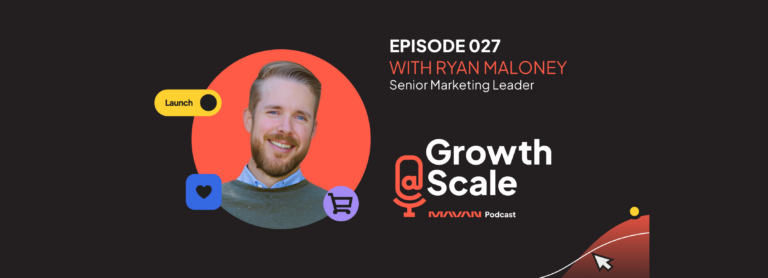Growth@Scale – Episode 27– Ryan Maloney
Read the transcript from episode 27 of Growth@Scale where Matt speaks with guest Ryan Maloney.

Read the transcript from episode 27 of Growth@Scale where Matt speaks with guest Ryan Maloney.

Check out the latest episode of Growth@Scale featuring Khelan Bhatt, where he and host Matt Widows discuss the fundamentals of cybersecurity essential for business growth, covering topics from security culture to data handling best practices. Don’t miss out on this one—tune in now! 🚀🔐
End of content
End of content